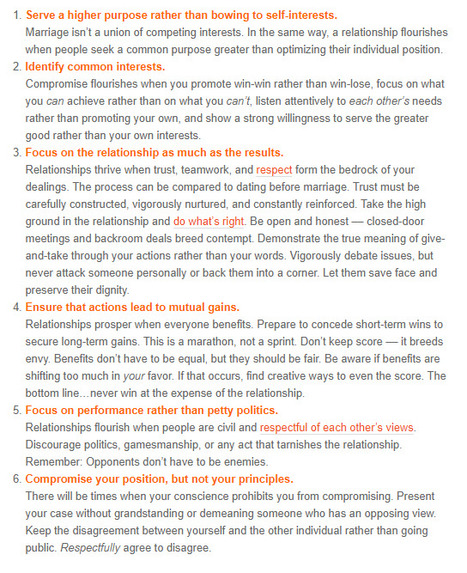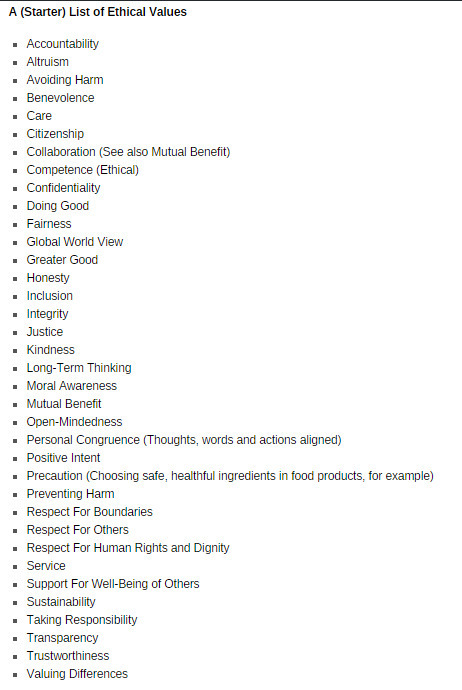Sittlichkeit
Dieser Artikel oder Abschnitt bedarf einer Überarbeitung. Näheres sollte auf der Bitte hilf mit, ihn zu Diskussionsseite angegeben sein. verbessern, und entferne anschließend diese Markierung. In diesem Artikel oder Abschnitt fehlen noch folgende wichtige Informationen: Es fehlt die Begriffsgeschichte. Die fängt mit den alten Griechen und Augustinus („caritas") an und führt über einen Riesenbogen bis in die Gegenwart.
Sittlichkeit ist ein Begriff der Ethik. Im philosophischen Sprachgebrauch versteht man darunter die Übereinstimmung des Denkens und Handelns mit dem Sittengesetz aufgrund einer freien Entscheidung. Gemeint ist ein von positiven Gesetzen und Konventionen unabhängiges, als objektiv existierend und überzeitlich betrachtetes „Gesetz“, das in manchen philosophischen Lehren als Teil einer verpflichtenden Natur- oder Seinsordnung betrachtet wird. In diesem Sinn bedeutet Sittlichkeit die Orientierung an Normen wie dem Guten oder dem Gerechten.
Allgemeinsprachlich bezeichnet Sittlichkeit ein „sittliches“ Empfinden und Verhalten, das heißt Orientierung an herkömmlichen Regeln der Moral, deren Einhaltung zwecks Wahrung der „guten Sitten“ gefordert wird.
Learn more / En savoir plus / Mehr erfahren:
https://www.scoop.it/t/21st-century-learning-and-teaching/?&tag=Frank+SONNENBERG
http://www.scoop.it/t/21st-century-learning-and-teaching/?&tag=Character
http://www.scoop.it/t/21st-century-learning-and-teaching/?q=ethics
https://www.scoop.it/t/21st-century-learning-and-teaching/?tag=Values
http://www.scoop.it/t/21st-century-learning-and-teaching/?tag=Growth+Mindset



 Your new post is loading...
Your new post is loading...























Sittlichkeit ist ein Begriff der Ethik. Im philosophischen Sprachgebrauch versteht man darunter die Übereinstimmung des Denkens und Handelns mit dem Sittengesetz aufgrund einer freien Entscheidung. Gemeint ist ein von positiven Gesetzen und Konventionen unabhängiges, als objektiv existierend und überzeitlich betrachtetes „Gesetz“, das in manchen philosophischen Lehren als Teil einer verpflichtenden Natur- oder Seinsordnung betrachtet wird. In diesem Sinn bedeutet Sittlichkeit die Orientierung an Normen wie dem Guten oder dem Gerechten.
Allgemeinsprachlich bezeichnet Sittlichkeit ein „sittliches“ Empfinden und Verhalten, das heißt Orientierung an herkömmlichen Regeln der Moral, deren Einhaltung zwecks Wahrung der „guten Sitten“ gefordert wird.
Learn more / En savoir plus / Mehr erfahren:
https://www.scoop.it/t/21st-century-learning-and-teaching/?&tag=Frank+SONNENBERG
http://www.scoop.it/t/21st-century-learning-and-teaching/?&tag=Character
http://www.scoop.it/t/21st-century-learning-and-teaching/?q=ethics
https://www.scoop.it/t/21st-century-learning-and-teaching/?tag=Values
http://www.scoop.it/t/21st-century-learning-and-teaching/?tag=Growth+Mindset